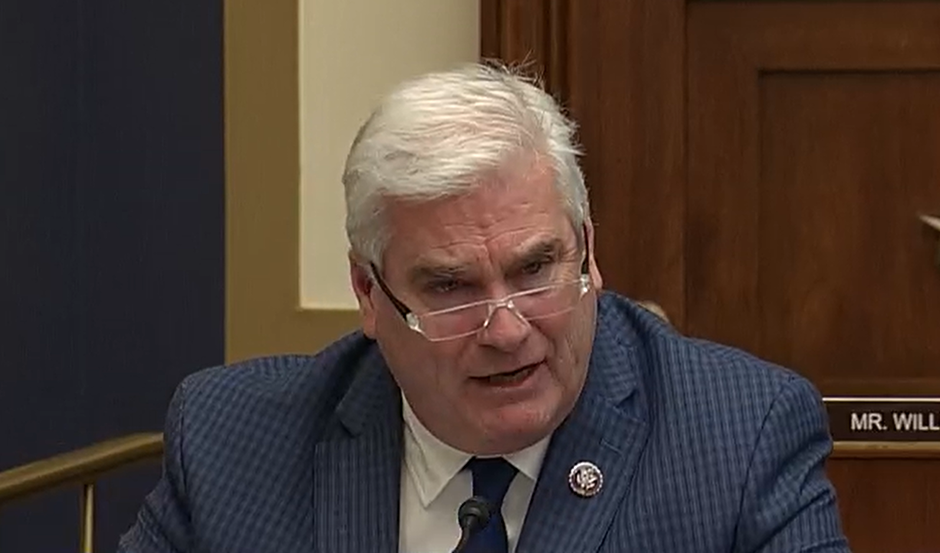The growing role of digital assets could influence the 2024 U.S. presidential election. Republican congressman and crypto advocate Tom Emmer warns anti-crypto candidates who could face a backlash from voters who value financial privacy and freedom. Meanwhile, several candidates have already expressed their views on central bank digital currencies (CBDCs), which different camps see as a threat or an opportunity.

Tom Emmer, who is the Majority Whip of the House of Representatives and the co-chair of the Congressional Blockchain Caucus, believes that crypto is a “sleeper issue” in U.S. politics.
He thinks that many candidates are unaware of or indifferent to the impact of digital assets on both state and federal politics.
Emmer sees a generational divide in the U.S., where younger and more tech-savvy people understand and appreciate the benefits of cryptocurrencies, such as privacy, autonomy, and innovation.
On the other hand, older and more established lawmakers seem confused or hostile to the digital realm, potentially creating policies that could stifle or suppress crypto development.
Emmer predicts that this gap could lead to a political backlash, where voters could challenge or reject candidates who threaten their digital rights and interests.
He envisions a future where crypto becomes a decisive factor in the electoral outcomes, regardless of the political affiliation of the voters.
The CBDC Controversy
One of the main topics that has sparked debate among candidates and policymakers is the idea of a central bank digital currency (CBDC), which is a digital form of fiat money issued and controlled by the central bank.
Some see CBDCs as a way to modernize the payment system, increase financial inclusion, and enhance monetary policy. However, others see them as a way to increase government surveillance, control, and interference in the economy.
At least six candidates running for office in 2024 have already stated their positions on CBDCs. Florida Governor Ron DeSantis, second to former President Donald Trump in the Republican polls, has been leading the charge against CBDCs.
He signed a bill into law earlier this year that banned the use of a federally issued digital dollar in Florida. He also vowed to eliminate CBDCs completely if he wins the presidency.
DeSantis is not alone in his opposition to CBDCs. Other candidates who have expressed similar views include Republican Vivek Ramaswamy and Democrat Robert F. Kennedy Jr.
They have raised concerns about the financial privacy and security of CBDC users, as well as the potential for political manipulation and censorship by the government.
However, not everyone is against CBDCs. Tom Emmer himself has a more nuanced view on the matter.

He does not reject CBDCs outright but believes they can only exist under certain conditions: they must be open, permissionless, and private.
He compares CBDCs to cash, a transaction mode that guarantees user privacy and does not require government approval.
Why Crypto Matters for 2024
The 2024 election could be influenced by the growing role of crypto in the economy and society. Crypto is not just a niche or a fad; it is a powerful force that challenges the status quo and offers new possibilities for innovation and freedom.
Candidates who ignore or oppose crypto could risk losing the support of millions of voters who value their digital rights and interests.
Crypto is also a global phenomenon that affects U.S. competitiveness and leadership worldwide.
As other countries explore or adopt CBDCs or other forms of digital money, the U.S. cannot afford to fall behind or isolate itself from the digital revolution.
The U.S. needs to embrace crypto as an opportunity rather than a threat and foster a regulatory environment that supports rather than stifles crypto innovation.
